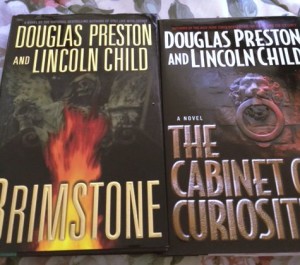Welcome to Our Cynical Omelet, the site that’s been rebooted so often I might as well have named it Dracula.
Yesterday I began rereading Stephen King’s The Shining. This is something I do perhaps quarterly, but this time lines up with the one-year anniversary of my father’s death. I read The Shining maybe twenty years later than most bookish people my age—they tended to devour everything up to Tommyknockers, whereas I kind of liked The Dark Half, wasn’t fond of Thinner, and hated every single character in ‘Salem’s Lot so much that I gave up long-form King for years. So finding out The Shining is an amazing book was both a relief and a glorious surprise when I finally tucked into it.
The book is also, I’m sorry to say, a favorite of mine because it echoes a lot of the problems in my own family, which is why I found myself getting ready for work this morning and thinking, “The Overlook would have got to my dad much faster.” My father was almost certainly an honest-to-god narcissist, an idea I had trouble with until the night last year when he called to yell at me for spending too much time with my mother on Mother’s Day weekend. I thought, till I began doing research on the subject, that to be one of those you had to be a high achiever, and Dad had spent my whole life—maybe not his, I hope— as a schemer on the level of maybe Daffy Duck.
Shortly thereafter, I tremulously took this new-gathered information to my mother, to friends who knew him, and was met with a resounding “Duh!” I was literally the last to know. Perhaps when you grow up being called “little [Dad’s name]” when you get in trouble, it’s harder to think that big [Dad’s name] might be broken in some fundamental way.
After the funeral, my friend said, “I’ve never seen anything like it: nobody cried.” It was true: all his friends from the old neighborhood, all his old tennis buddies, even his reluctant child, all had Dad’s number at last.
Which is why, when I say I read The Shining and am reminded of my own family, I don’t wholly mean it in a bad way. Jack Torrance clearly loves his wife and child; he just can’t resist the voice that tells him they’re standing in his way, the voice that tells him he’s too special for all this boring stuff. And that reminds me that Dad probably couldn’t either.
Next Time: Gosh, anything more cheerful than this.
Blow this case wide open:

